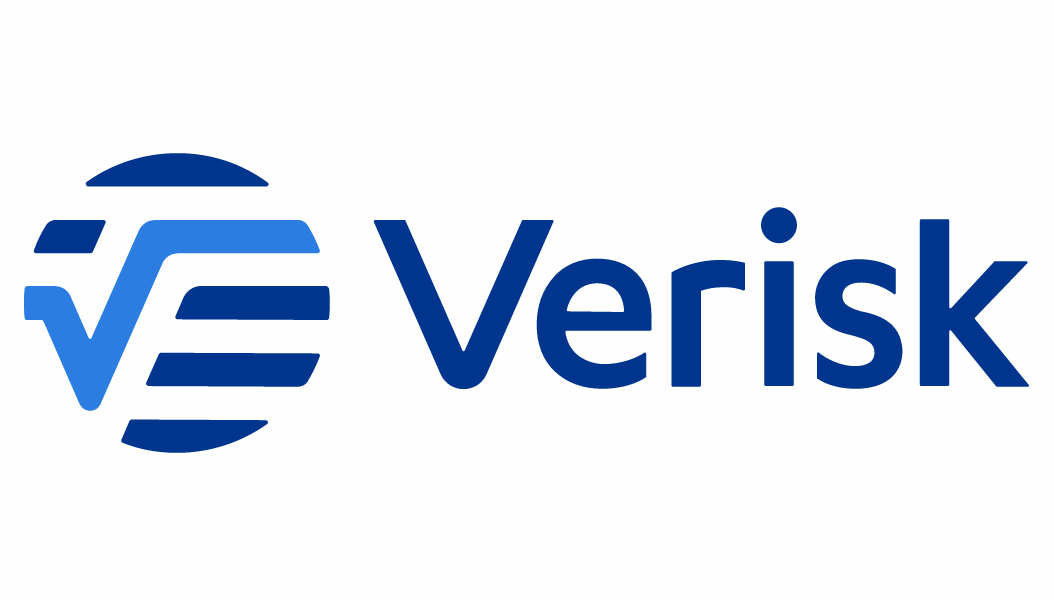
Effectively managing time is a game changer for small business owners.By improving your time management skills, business owners often realize gains in productivity and efficiency—advancements that directly drive bottom-line success.One thing you shouldn’t have to waste your time on? Making sure you have the right insurance.
Your local insurance agent is here to focus on protecting your business so you can focus your energy on the business.But if you’re looking to maximize your time for the other aspects of your business, we’ve organized some steps to help improve your time management: Understand Time Management Identify Wasted Time Set Good Goals Establish Priorities Select Useful Tools Develop a Culture of Efficiency What Is Time Management? Plainly put, time management is about making sure you’re spending the right amount of time on the right things, including your life outside your business.Figuring out how to best spend our time is important, and one of the first things to consider should be where we waste our time.
Common Time Wasters in Small Business Every day, small business owners face time management challenges in the form of activities that can eat up time without adding much value.Often, these time wasters are a legacy of starting the business in the first place: that do-it-yourself work ethic that needs to be updated with more delegation, or an “open-door” policy that allows too many interruptions to land on the boss’s desk.Part of a sound time management strategy is recognizing and addressing unproductive elements of your work day, such as: By identifying and reducing (or eliminating) these distractions, you can get a good jump on time management without a lot of expense or hassle.
Setting Goals and Prioritizing Tasks A little planning goes a long way, and as the saying goes, a failure to plan is a plan to fail.Effective time management starts with some elemental planning in the form of setting clear goals and prioritizing your tasks.One popular way to set goals is using the SMART methodology.
By setting objectives that are specific, measurable, achievable, relevant and time-bound, you can quickly orchestrate your day-to-day work in a way that makes good use of time.Once you’ve gotten the hang of creating good goals, the next step in planning is to prioritize them.This can be done with some simple but useful techniques in popular use throughout the business world: With good goals arranged in order of priority, you’ll quickly develop an appreciation for how much more efficiently things run.
The Right Tools An important part of good time management is consistency, and selecting the right tools will help ensure that you and your team all remain on the same page by reducing errors and establishing predictability around your workflow.Productivity suites like Microsoft’s 365 offering or Google’s Workspace have time management tools integrated right into their environments, but there are several categories of specialized tools that can help small business owners manage their time more effectively: By using a thoughtfully selected set of modern tools, you can make a big difference—especially as more of your team members increasingly rely on portable technology to manage their personal and professional time.A Culture of Efficiency With a solid, practical understanding of the tools and concepts used to promote good time management, the final step is to create and maintain a sustainable culture of efficiency.
Selecting useful techniques and routines is an important part of establishing that culture.These can include: Operate With Confidence Running an efficient business is a never-ending effort, but with a firm grasp of time management concepts and the technology that powers it, you’ll develop the confidence to quickly analyze and adjust your operations to meet any challenge.We believe in making your life easier by solving problems.
We’re here to help you find the right coverage for your business, at the right price, with coverages like Cyber Suite protection and key person insurance.When mishaps occur, you want to get your timing back on track as soon as possible, so talk to a local agent today to learn how we can help keep you on the clock.ERIE insurance products and services are provided by one or more of the following insurers: Erie Insurance Exchange, Erie Insurance Company, Erie Insurance Property & Casualty Company, Flagship City Insurance Company and Erie Family Life Insurance Company (home offices: Erie, Pennsylvania) or Erie Insurance Company of New York (home office: Rochester, New York). The companies within the Erie Insurance Group are not licensed to operate in all states.
Refer to the company licensure and states of operation information.The insurance products and rates, if applicable, described in this blog are in effect as of January 2024 and may be changed at any time. Insurance products are subject to terms, conditions and exclusions not described in this blog.The policy contains the specific details of the coverages, terms, conditions and exclusions. The insurance products and services described in this blog are not offered in all states. ERIE life insurance and annuity products are not available in New York. ERIE Medicare supplement products are not available in the District of Columbia or New York. ERIE long term care products are not available in the District of Columbia and New York. Eligibility will be determined at the time of application based upon applicable underwriting guidelines and rules in effect at that time.
Your ERIE agent can offer you practical guidance and answer questions you may have before you buy.A better insurance experience starts with ERIE.Haven’t heard of us? Erie Insurance started with humble beginnings in 1925 with a mission to emphasize customer service above all else.
Though we’ve grown to reach the Fortune 500 list, we still haven’t lost the human touch.Contact Drake Insurance today to experience the ERIE difference for yourself.
Publisher: Drake Insurance Inc.








